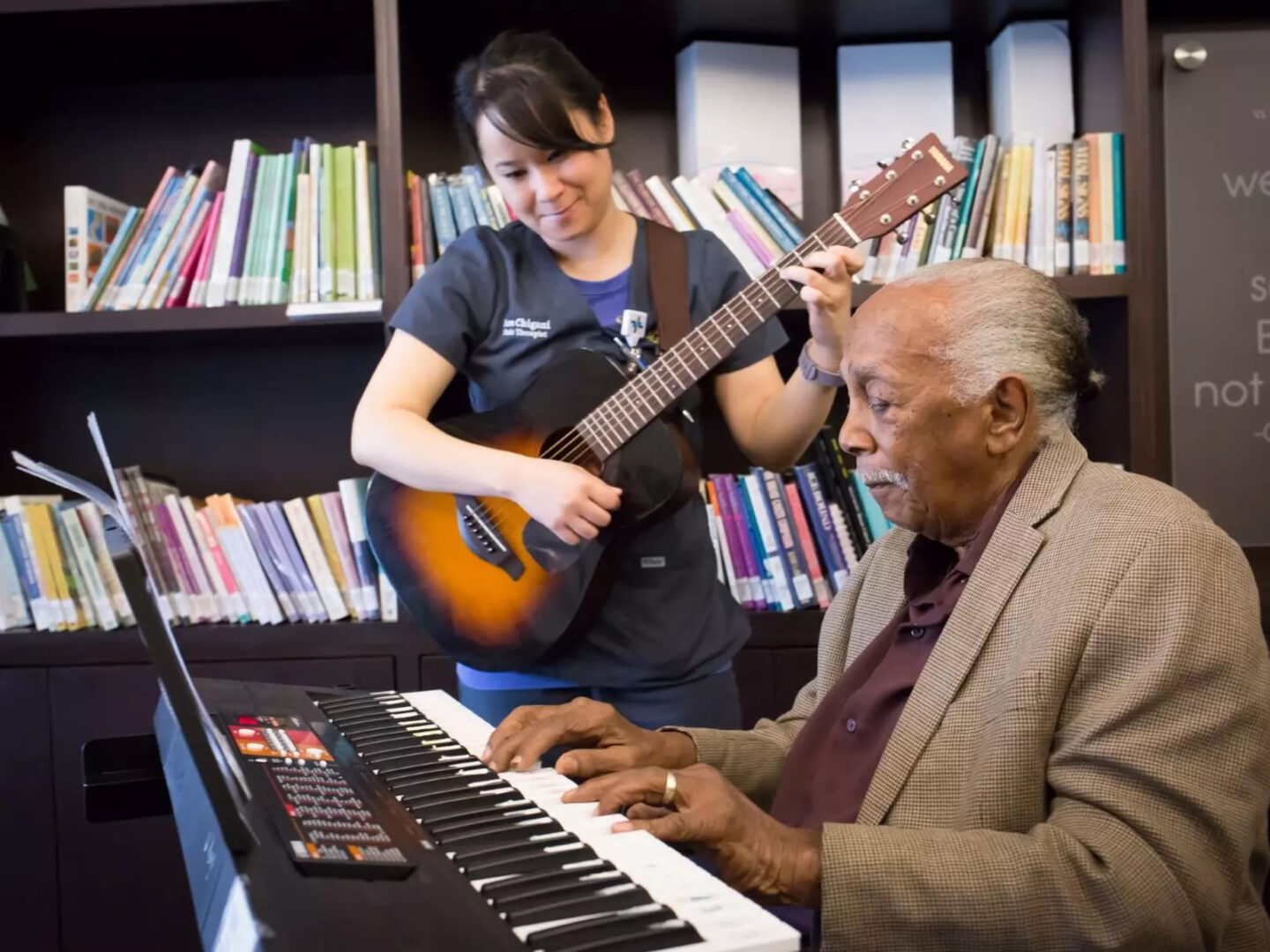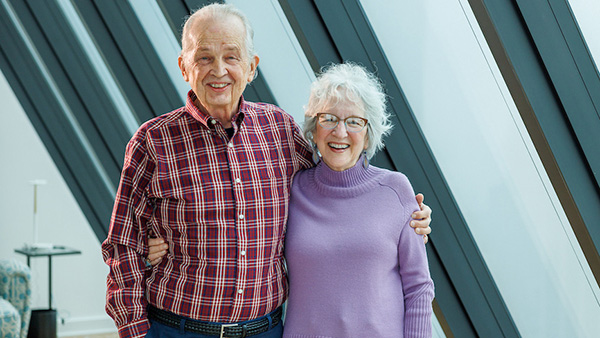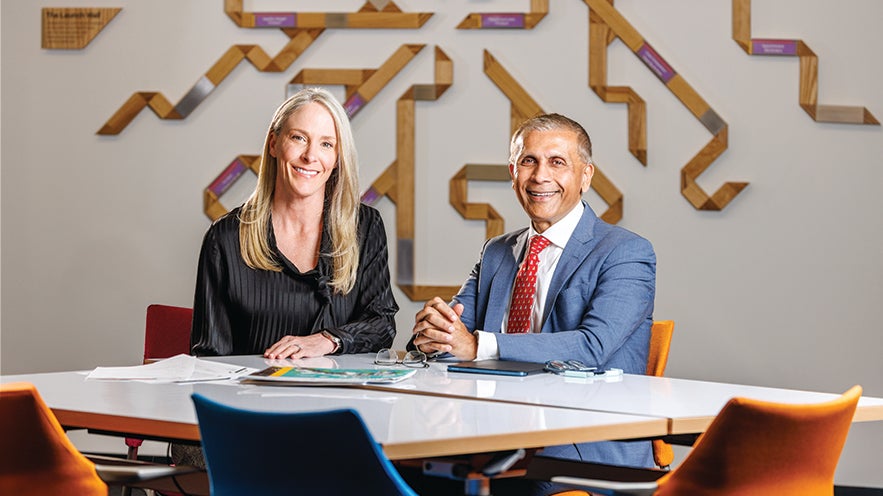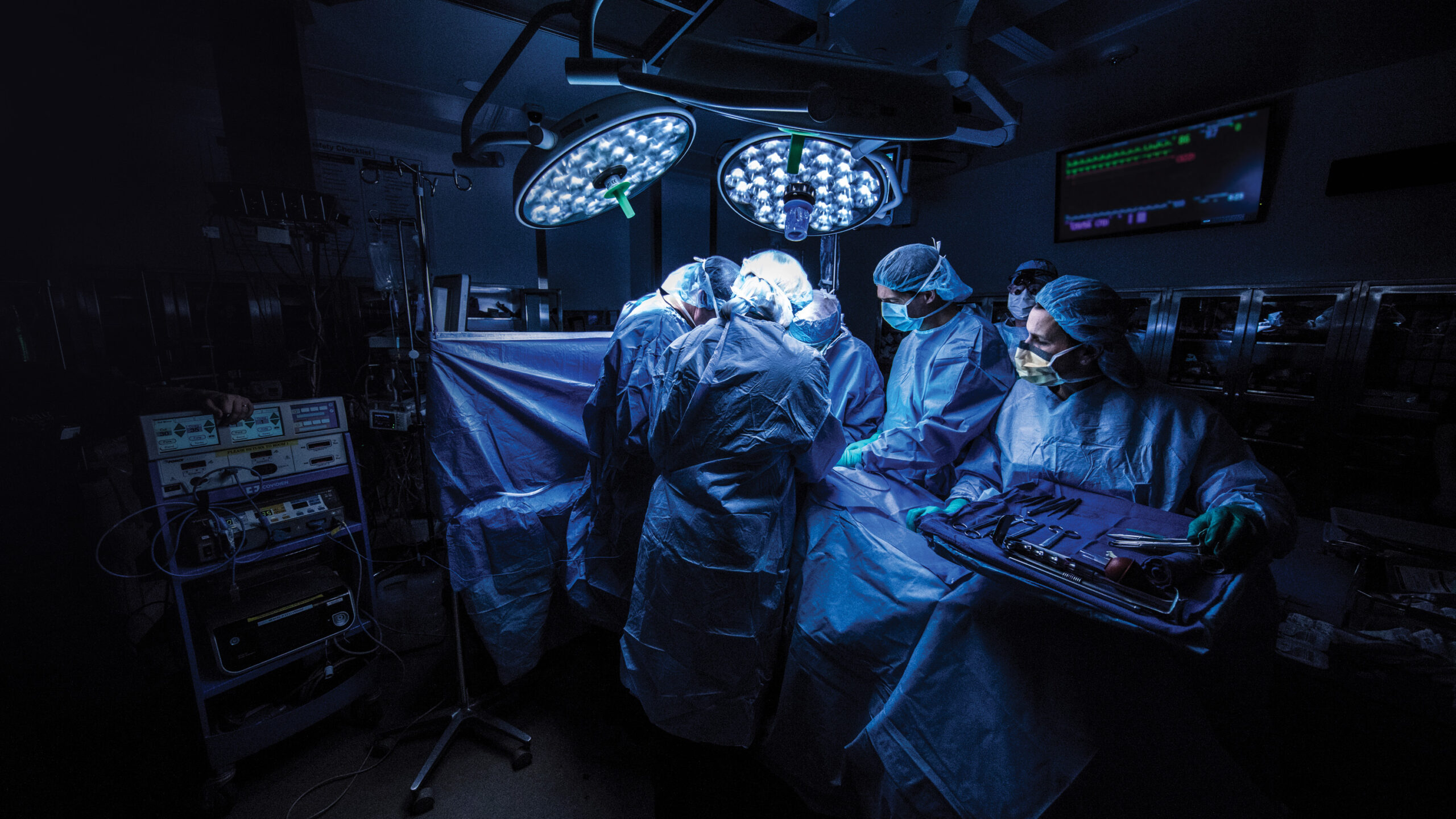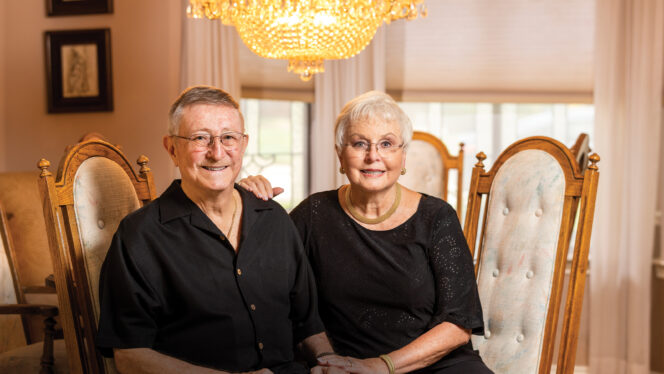For families, a wish come true.
For science, the birth of possibility.
Right here in North Texas, there is a family eagerly awaiting the birth of a child they never thought it would be possible to have. The baby—a girl—is expected in September, and will be the 12th miracle brought into this world through a family’s faith and a research program’s dedication to advancing transplant science for all.
“The beauty of this kind of transplantation is that it appeals both to logic—it’s something that’s tremendously forward- looking in science and the advancement of humankind—and it appeals to the heart of the people, the emotional side,” explained Giuliano Testa, MD, principal investigator
of the uterine transplant clinical trial at Baylor University Medical Center at Dallas.
The first successful uterine transplants in the US were completed as part of a clinical trial by Baylor Scott & White Research Institute at Baylor University Medical Center. Wombs were implanted
in women with absolute uterine factor infertility, meaning they had a nonfunctioning uterus, or lacked one entirely. The women received uterus organ transplants from both living and deceased donors, and were able to carry and give birth to their own babies. The complex process involves collaboration between ob-gyns, fertility specialists and maternal/fetal medicine specialists, as well as the transplant team at Baylor University Medical Center.
The first baby was born in 2017. Since then, the number of births via uterus transplantation at Baylor University Medical Center has eclipsed that of any other center in the world. All have been healthy births.
What has the team learned? “More than we ever thought, in the beginning,” Dr. Testa said. “The more we find out, the more research we are able to do on the recipient and the donor, the more
we understand the mechanism that is applicable to every other transplant we do.”
The opportunity to access the donated organ for regular biopsies, and to understand how the hormonal process impacts it, helps inform transplant science for other organs such as hearts, livers and kidneys, which can only be biopsied through invasive testing and thus are harder to study. Immunology and rejection of transplanted organs are important to all organ recipients, and can be studied in uterus transplantation, as can the conditions that cause preeclampsia in pregnant women.
The complex process involves collaboration between a multidisciplinary team of researchers and specialists in transplant, gynecology, obstetrics and maternal/fetal medicine at Baylor University Medical Center.
Next for the successful program is offering it as a clinical option. “What we can say now is that uterine transplant is a successful procedure most of the time, it’s reproducible and it’s safe for donor, recipient and child. With all those parameters, we’re ready to leave the experimental phase and offer it to the broader public,” explained Liza Johannesson, MD, PhD, medical director
of the program.
While the patients themselves pay for the transplantation, and donor organs are gifted, the program relies on philanthropy to make strides like this. “The fundraising will go into the research around this model that we can implement in different fields,” Dr. Johannesson said. “Baylor Scott & White has an environment, a leadership, and an administration that understands the value of doing things like this,” Dr. Testa said. “We can offer routinely excellent care, but also have a keen eye toward the advancement of well-being for everyone else.”
For more information on how you can support the uterine transplant program, contact Melissa Dalton at 214.820.2705 or Melissa.Dalton@BSWHealth.org.

